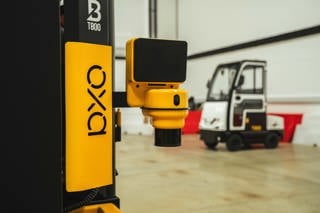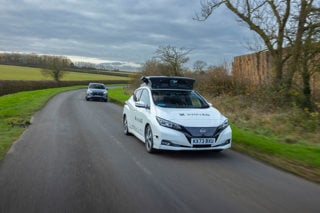By Ashley Sowerby, managing director, Chevin
Big data. It’s a phrase that you hear a lot lately and what it really means, of course, is ‘lots of data’. It refers to the fact that more and more detailed and timely information is becoming available on an almost day-by-day basis.
Today, fleet managers might easily handle 10 times the data that was available to them at the turn of the century, including information from insurance systems, finance, workshops, fuel cards, telematics and more.
As a software house, we can clearly see how ‘big data’ can provide a range of exciting potential for improving costs
and efficiency not just within the fleet, but across entire
businesses. Companies that can harness and understand useful information relating to their operations are in a stronger position to make enhancements through benchmarking and improvement. This is one of the reasons we are surprised to still see some companies using spreadsheets to manage their fleet and assets. The fact is, spreadsheets are often simply not advanced enough to allow fleets to integrate, view and assess the vast amounts of useful data at their disposal. The adage “you can’t manage what you don’t measure” never seemed so appropriate.
We also see many companies still working from legacy systems not advanced enough to deal with this information. Big data provides many exciting possibilities – but the more time that fleet managers take to find and assess information on outdated systems, the less valuable this data becomes.
We expect the big data trend to increase – and when looking to the future, it’s worth ensuring you don’t get left behind.
For example, with the advent of the connected car comes even more potential for fleets to gather information about their vehicles. This information could hold great value if used to help with future purchasing and deployment decisions, and much more.
It’s for reasons such as this that we believe that fleets need to get to grips with big data sooner rather than later. Making sense of it is not always easy but the
potential results are too great to ignore.



















Login to comment
Comments
No comments have been made yet.